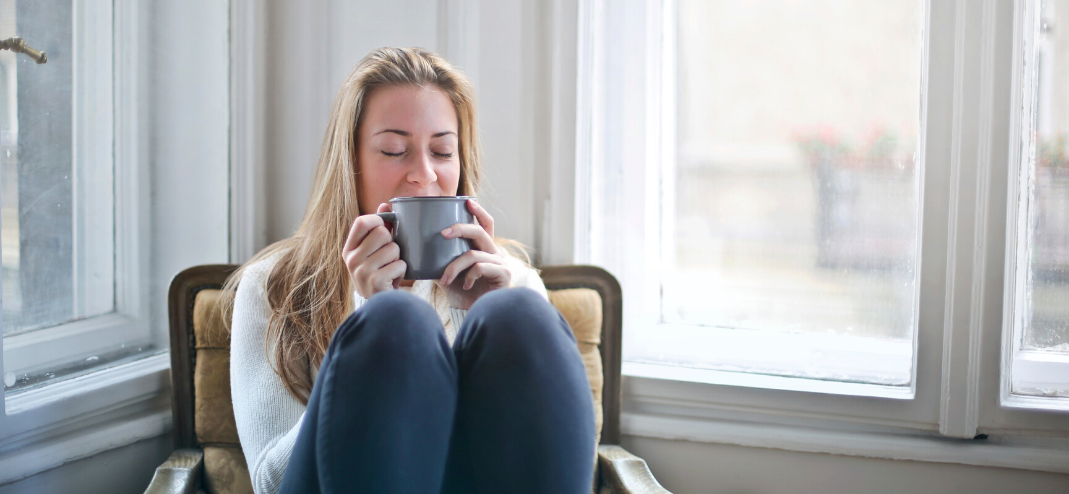Blog
Five relaxation techniques to manage stress during COVID-19

We all face stressful situations, ranging from minor annoyances like traffic jams to more serious worries, such as a COVID-19. No matter what the cause, stress floods your body with hormones. Your heart pounds, breathing speeds up, and your muscles tense.
This “stress response” is a normal reaction to threatening situations, triggered by our fight or flight response. We can’t avoid all sources of stress in our lives, but we can develop healthier ways of responding to them such as relaxation techniques.
Here are five relaxation techniques that can help relax and reduce stress.
1. Breath focus.
In this simple relaxation technique, you take long, slow, deep breaths (also known as belly breathing). As you breathe, you gently disengage your mind from distracting thoughts and focus solely on the breath. However, this technique may not be appropriate for those with health problems that make breathing difficult, such as respiratory ailments or heart failure.
2. Body scan.
This technique blends breathing with muscle relaxation. After a few minutes of deep breathing, focus on one part of the body at a time and mentally release any physical tension you feel there. A body scan can help boost your awareness of the mind-body connection.
3. Guided imagery.
For this relaxation technique, you conjure up soothing scenes, places, or experiences in your mind to help you relax and focus. You can find free apps and online recordings of calming scenes—just make sure to choose imagery you find soothing and that has personal significance.
4. Mindfulness meditation.
This practice involves sitting comfortably, focusing on your breathing, and bringing your mind’s attention to the present moment without drifting into concerns about the past or the future. This form of meditation has enjoyed increasing popularity in recent years. Research suggests it may be helpful for people with anxiety, depression, and physical pain.
5. Yoga, tai chi, and qigong.
These three ancient arts combine rhythmic breathing with a series of postures or flowing movements. The physical aspects of these practices offer a mental focus that can help distract you from racing thoughts. They can also enhance your flexibility and balance.
Rather than choosing just one technique, experts recommend sampling several to see which one works best for you. Try to practice for at least 20 minutes a day, although even just a few minutes can help. But the longer and the more often you practice these relaxation techniques, the greater the benefits and the more you can reduce stress.
To read our blog on dealing with worry click here
At OptiMe we offer 24/7 online counselling to our customers. For more information on this please email: hello@myopti.me
« Back to All Posts
